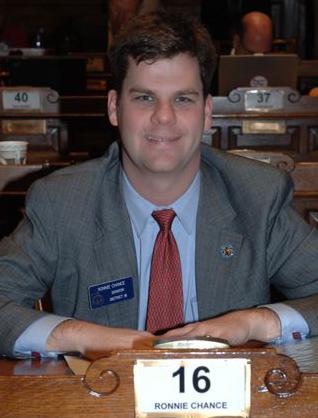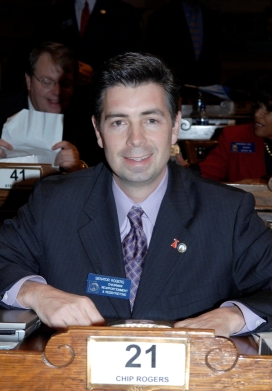GA PSC Stan Wise’s 2009 nuclear CWIP lobbying points eerily matched Southern Company’s, but suddenly he’s got separation-of-powers religion about Georgia Solar Utilities (GaSU). The PSC recommended GaSU’s utility bid anyway. When the legislature takes that up in a month or so, will GaSU CEO Robert Green, unlike SO or Georgia Power or Stan Wise, help the rest of us little people fix the 1973 Territoriality law so we can sell our solar electricity on a free market?
Dave Williams wrote for the Atlanta Business Chronicle yesterday, Georgia Public Service Commission moves ahead on solar energy,
The Georgia Public Service Commission approved a plan by Georgia Power Co. Tuesday to acquire an additional 210 megawatts of solar generating capacity, more than tripling its investment in solar energy.
But a sharply divided PSC also gave a potential competitor to Georgia Power its blessing to appeal to the General Assembly to amend a 39-year-old law that gives the Atlanta-based utility the exclusive right to continue serving existing customers.
Under Georgia Power’s Advanced Solar Initiative, the company will buy solar power produced by both large “utility-scale” solar farms and from smaller projects operated by residential and commercial property owners.
Right, that’s actually only 10 Megawatts from “smaller projects”, maintaining Georgia Power’s monopoly while throwing throwing a bone to the rest of us.
While the PSC supported Georgia Power’s plan unanimously, a subsequent motion by McDonald encouraging other solar utilities interested in serving Georgia to pursue their plans with the legislature passed by the narrow margin of 3-2.
Georgia Solar Utilities Inc., a company launched in Macon, Ga., earlier this year, filed an application with the PSC in September for authority to generate solar energy in Georgia on a utility scale.
The two Nay votes were from the two recently-reelected PSC members, apparently now thoroughly in the pocket of the incumbent utilities. Here’s one of them now:
Continue reading














